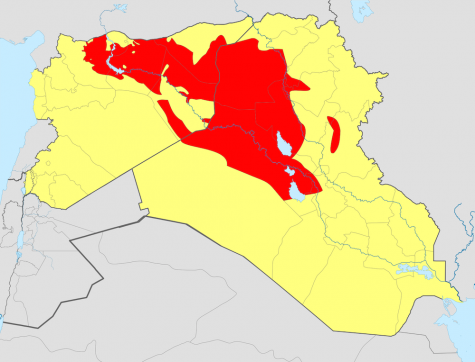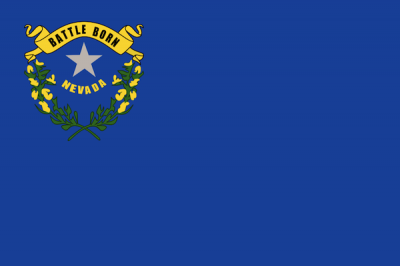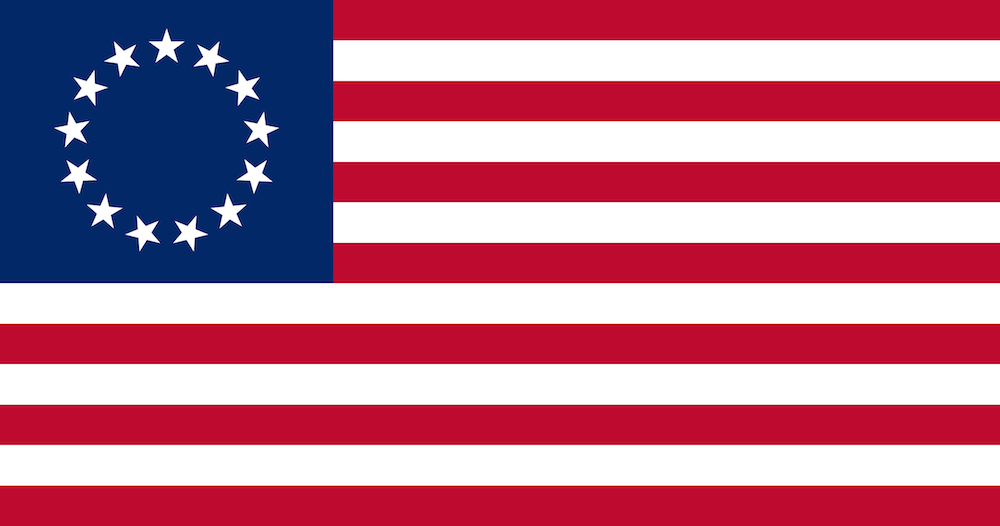In a new op-ed in Al Jazeera, Vartan Oskanian suggests that Iraq is ripe for a multilateral intervention against ISIS under the aegis of the United Nations. Oskanian, who served from 1998 to 2008 as Foreign Minister of Armenia and originally hails from Syria, is a longtime proponent of multilateralism in the Middle East and the world in general. He was one of the key figures in finagling post-Soviet Armenia’s (unusual) diplomatic position to be partially integrated with Europe and NATO but still strategically allied with and supported by Russia, without making everyone mad (a position Ukrainians right about now are probably wishing they could have secured).
In the essay, Oskanian outlines a number of reasons the UN should be involved, condemns the failure of everyone’s unilateralism in the region, and discusses the success of George H.W. Bush’s delimited intervention in Iraq with a multilateral coalition — and Soviet support. He also identifies some points where the Americans and Russians of today could cooperate in Iraq after the new low point reached in relations during the Crimea/Eastern Ukraine crises of this year.
One point that didn’t really come up in the essay is that this is one rare time when Russia and the United States both oppose the same faction, operating in two different countries. And China also isn’t a fan of non-state actors (and specifically jihadists) seizing large territories and oil fields. Usually, in the past 2 decades, vetoes from Russia or China (or both) have been the sticking point on suggested interventions in places.
But despite their discontent over alleged NATO overreach after they agreed to let an intervention resolution on Libya slide through in 2011, neither of them wants to see ISIS taking over parts of the region — which is the same position as the United States. Russia is selling military technology to both the Syrian and Iraqi governments already to help fight ISIS, and the the U.S. which doesn’t really support either government anymore still doesn’t want ISIS to gain strength within either country.
So why wouldn’t the 5 Major Powers (those with veto power) all agree on some kind of intervention — even a very limited one, probably in Iraq only — if it were brought to the UN Security Council? I mean, maybe they actually wouldn’t, but isn’t it worth trying? (That is, worth trying, if an intervention is going to happen at all. I don’t support such an intervention, but if it’s going to happen, it shouldn’t been unilateral.)
That in turn raises a good question. Why isn’t the UN even mentioned (publicly) in the US discussions on intervening in Iraq? Not even by the Obama Administration, which came into office rejecting the war and purporting to embrace international norms and multilateralism. Has everyone just totally given up on getting cooperation with Russia on anything ever again, at the UN or anywhere else? That’s going to get pretty self-fulfilling pretty quickly. Or has the administration just gone full unilateralist on us all?

ISIS control on June 12, 2014. Credit: NordNordWest, Spesh531 – Wikimedia





 Yesterday’s
Yesterday’s 

